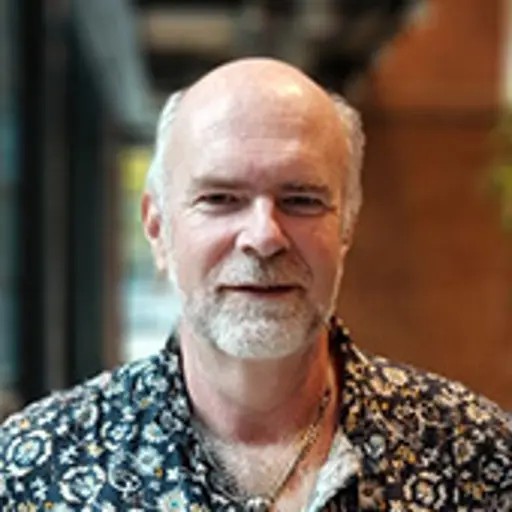The course syllabus contains changes
See changesCourse syllabus adopted 2020-05-20 by Head of Programme (or corresponding).
Overview
- Swedish nameKärnkemi 2
- CodeKBT168
- Credits7.5 Credits
- OwnerMPMCN
- Education cycleSecond-cycle
- Main field of studyBioengineering, Chemical Engineering with Engineering Physics, Chemical Engineering, Engineering Physics
- DepartmentCHEMISTRY AND CHEMICAL ENGINEERING
- GradingTH - Pass with distinction (5), Pass with credit (4), Pass (3), Fail
Course round 1
The course round is cancelled. For further questions, please contact the director of studies- Teaching language English
- Application code 30127
- Maximum participants35
- Minimum participants8
- Block schedule
- Open for exchange studentsYes
Credit distribution
Module | Sp1 | Sp2 | Sp3 | Sp4 | Summer | Not Sp | Examination dates |
|---|---|---|---|---|---|---|---|
| 0113 Laboratory 2.5 c Grading: UG | 2.5 c | ||||||
| 0213 Examination 5 c Grading: TH | 5 c |
In programmes
- MPMCN - MATERIALS CHEMISTRY, MSC PROGR, Year 1 (elective)
- MPMCN - MATERIALS CHEMISTRY, MSC PROGR, Year 2 (elective)
Examiner
 Christian Ekberg
Christian Ekberg- Full Professor, Energy and Materials, Chemistry and Chemical Engineering
Eligibility
General entry requirements for Master's level (second cycle)Applicants enrolled in a programme at Chalmers where the course is included in the study programme are exempted from fulfilling the requirements above.
Specific entry requirements
English 6 (or by other approved means with the equivalent proficiency level)Applicants enrolled in a programme at Chalmers where the course is included in the study programme are exempted from fulfilling the requirements above.
Course specific prerequisites
KBT192 - Nuclear Chemistry IAim
- give a broad information about the applications of nuclear chemistry in industry, research and medicine- give information about the nuclear fuel cycle
- help students think critically
- teach the principles of work with elements in trace amounts
- teach practical radiochemical laboratory work with α-emitters
Learning outcomes (after completion of the course the student should be able to)
- knowledge about the use of radioactive sources in industry- knowledge bout the use of radioactive methods in research (chemistry, physics, environmental research, materials science, archaeology, ...)
- knowledge about the use of radioactive nuclides for medical diagnosis and therapy
- knowledge about different types of particle accelerators
- knowledge about work with radioactive tracers
- knowledge about the nuclear fuel cycle (isotope separation, fuel fabrication, reprocessing, partitioning and transmutation, waste management)
- knowledge about radioanalytical chemistry and the choice of detection methods
Content
The course comprises e.g. isotope separation, the nuclear fuel cycle, production of radionuclides, medical applications of radioactive nuclides, use of radionuclides in industry and research, radioecology, radioanalytical chemistry and detection methods.Organisation
Lectures, exercises, a home exercise and a laboratory project.Literature
Choppin, Liljenzin and Rydberg, 'Radiochemistry and nuclear chemistry', 4th edition, ISBN: 9780123978684; Karlsruhe Nuclide folding map with booklet, ISBN 978-3-0-038392-2.Examination including compulsory elements
Written exam in two parts (questions and calculations). The home exercise can give up to 5 % of the exam points in bonus. To obtain a final note for the course, the laboratory project has to pass.The course syllabus contains changes
- Changes to course rounds:
- 2020-05-18: Cancelled Changed to cancelled by UOL
[Course round 1] Cancelled
- 2020-05-18: Cancelled Changed to cancelled by UOL